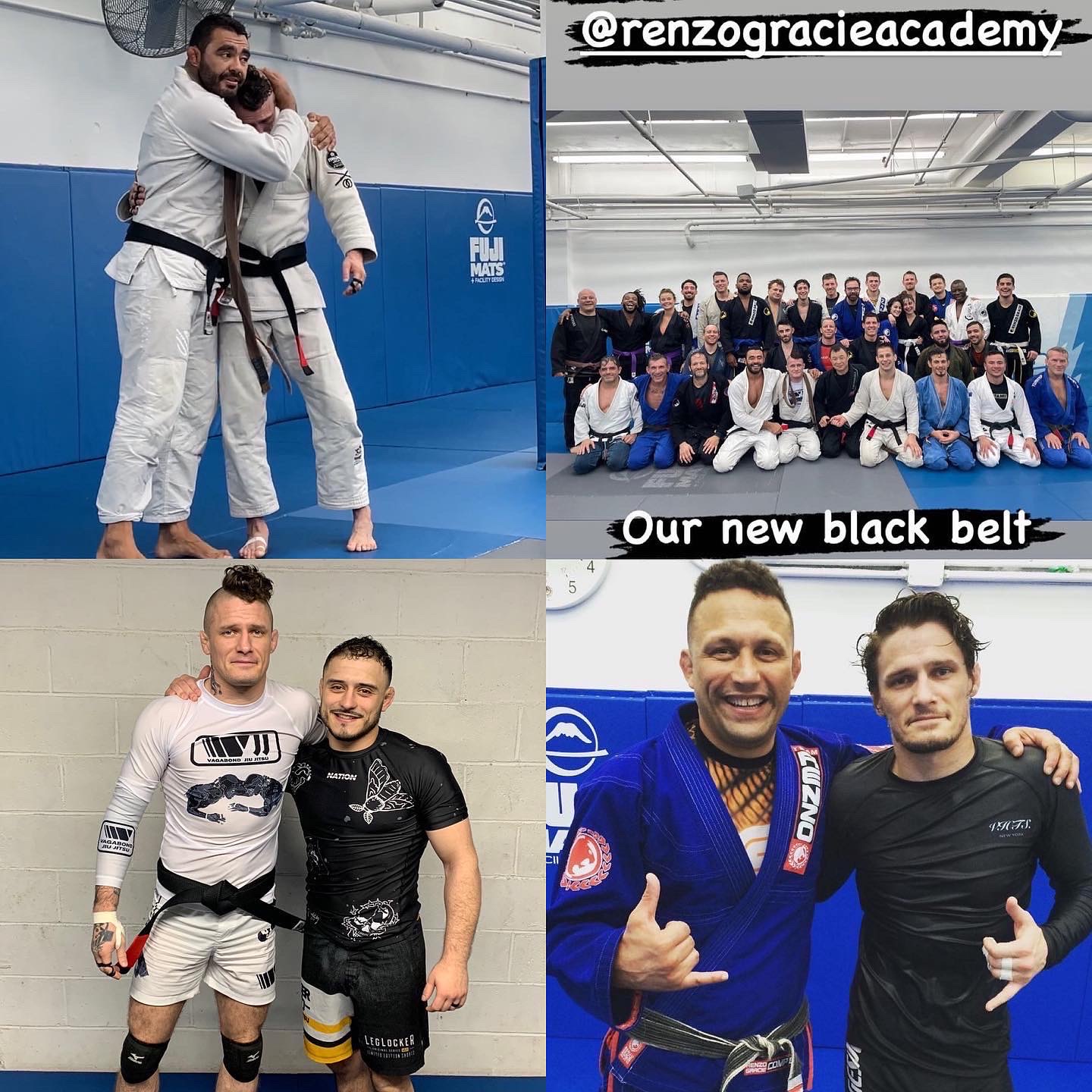Probably due to my full time job, I spend some of my spare time studying the science of skill acquisition and just how exactly you can become good at something: be it chess, singing, art, bridge building, Jiu-Jitsu whatever.
Kit Dale says don't drill.
Other world champions swear by drilling.
Marcelo says he does more Jiu-Jitsu for his conditioning.
Other world champions swear by strength & conditioning for their success.
Beyond all these, is the basic question: what do you need to do to become truly great at something?
If you've read Malcolm Gladwell's Outliers, he posits the 10,000 hour rule, an idea which has actually been around for number of decades prior to his pop culture semi/quasi science book for the masses.
The 10,000 hours or 10 year rule toward mastery has become something of a common idea in pop culture. That being said, it is still hard to dispel the human bias toward believing in "the natural".
Gladwell, but more specifically, the work of Anders Eriksson dispels this myth with clear, empirical evidence and has looked at hundreds of experts in their respective fields, and more importantly, he has done research in how to RECREATE the success and gained ability in various skill sets.
To look at an individual will always be marred by potential variable.
To consistently recreate an efficient system of skill acquisition has verifiable merit.
The first piece, is from a Cambridge compendium on the acquisition of skill, something like 1,000 pages.
You can read Anders' contribution here.
"Based on recent advances in the scientific analysis of
reproducibly superior (expert) performance, we know
that superior performance does not automatically
develop from extensive experience, general education,
and domain-related knowledge."
Anders also heavily supports with research the need for what is termed "Deliberate Practice".
That is to say, dedicated practice focused on specific areas of improvement. He goes on to elaborate that most "naturals" often had access to high level, time-available instructors, had desire to learn the given skill set, and on an increasing learning curve continually adapted to the feedback of trial and error. He also emphasizes the support of parents and family as part of this framework.
A companion piece to this can be found HERE.
It's an important paradigm shift, because two often we attribute success to some ethereal, invisible quality which by its definition we rationalize that we cannot attain it.
Hard work and sacrifice alone are not the sole ingredients. Dedicated and deliberate practice, which skilled coaching, and the desire to master the skill set on a long term timeline.
You often hear it when the common or general public looks at the meteoric rise of someone like Keenan Cornelius. People will always look for a way to rationalize or in some back handed compliment kind of way discredit someone's ability to rise faster than their own.
What did Keenan, by his own admission, have?
A supporting family.
Access to high level training.
Rigorous training and constant competition in a highly competitive environment where his job and life was essentially training Jiu-Jitsu.
Keenan also admits readily (like Caio Terra) he was really not that good early on. He emphasizes how little he actually knew and how humble his beginnings were. Hardly the birth story of a natural that others often try to overcoat to rationalize his rise to success in such a comparatively short period of time.

No comments:
Post a Comment